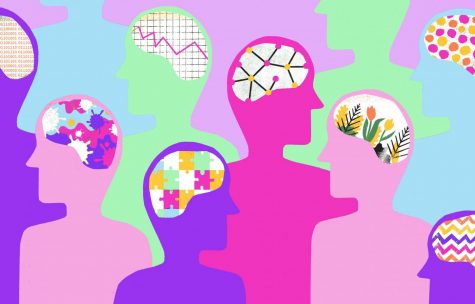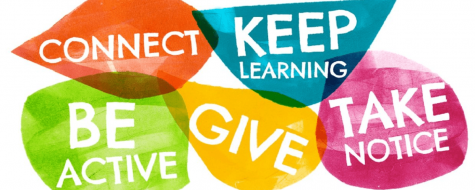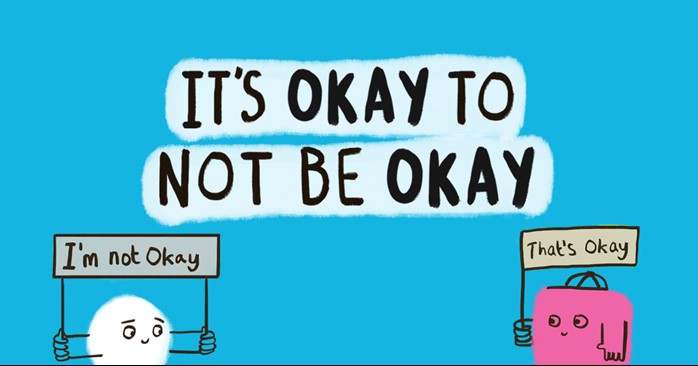Mental Health in High Schools
September 13, 2019
Have you ever felt down and just not ready to face another day? Ever put on a facade that you’re sick just to be able to cancel plans to stay huddled in your room all day? Then now’s the time to start focusing on your mental health.

Mental health is more than often ignored compared to physical health. This can be due to not believing in mental illnesses, being in denial, and, most importantly, people tend not to notice the plain signs/symptoms. These cases are common, which is why it’s extremely important to be educated on the basics of mental health, especially in high schools.
According to the World Health Organization, depression in teens is the leading cause of illness and disability. More than half of these teens don’t even know they have an underlying mental illness. The ones that do know are too afraid to speak up about it because of the negative stigma.
Schools should definitely take part in the responsibility of helping these students. This is because 20 percent of youth (ages 13-18) live with mental illnesses.

The first step in doing so is creating a safe environment: show vulnerability at a professional level and combat any bullying issues present.
The second step would be to educate staff and students on the matter to end the stigma. By doing so, people become more aware of how they treat others and how to react when necessary.
The final step is to take action and regularly schedule follow ups with students. This will allow student to feel that whatever they are going through, they aren’t alone.

Canyon has an on-site psychologist, Ms. Smith, who is welcoming to students. We also have the S.E.L. (Social and Emotional Learning) program, which has all teachers on board of promoting self-importance to students in the first 10 minutes of third and fourth period classes. More information on this program is posted around classrooms on a poster.
These high schoolers are the future of our country, so the effort should be put forth to keep them healthy, physically and mentally.
Remember that it’s okay to not be okay.
“Adolescent Mental Health.” World Health Organization, World Health Organization, https://www.who.int/news-room/fact-sheets/detail/adolescent-mental-health.

